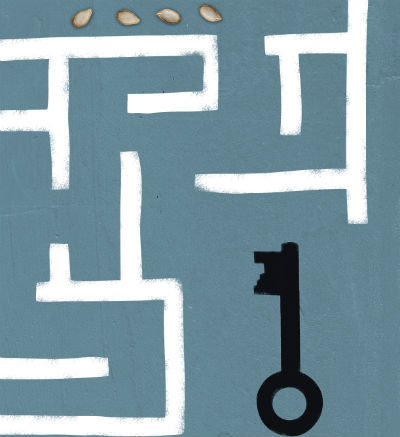Submitted by lratledge on
This report is part of CRIN's access to justice for children project, looking at the status of the Convention on the Rights of the Child (CRC) in national law, the status of children involved in legal proceedings, the legal means to challenge violations of children’s rights and the practical considerations involved in challenging violations.
Ethiopia ratified the CRC in 1991, and also ratified the additional protocols on children in armed conflict and the sale of children in 2014. The CRC has the force of law and is directly enforceable in court. However, it does not seem to prevail over domestic legislation. Children can generally bring cases through their representatives, who are in principle the parents. In the event of a conflict of interests between a child and his or her tutor, the court may appoint a tutor “ad hoc” on the application of the tutor or any member of the family council. Private prosecutions are possible. An Ombudswoman for women and children receives complaints about children’s rights violations, but children need to rely on their representatives to submit them. The Ethiopian Human Rights Commission is also able to receive complaints and can offer legal aid. However, there is no comprehensive legal aid law. Once all domestic remedies have been exhausted, children can refer to the African Committee of Experts on the Rights and Welfare of the Child and the African Commission on Human and Peoples’ Rights.

